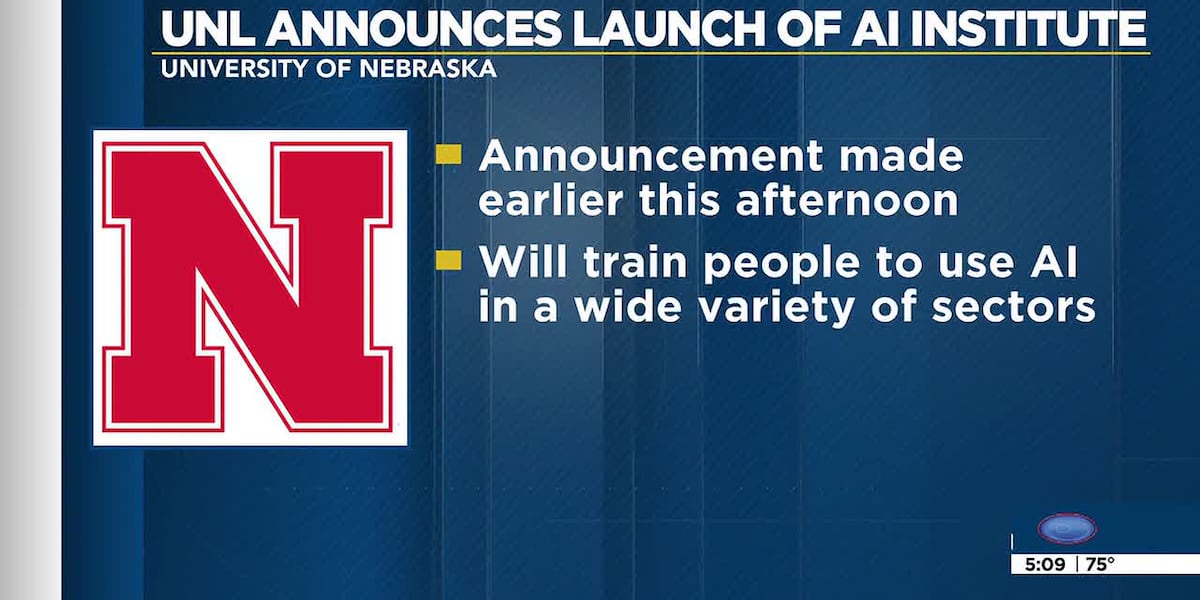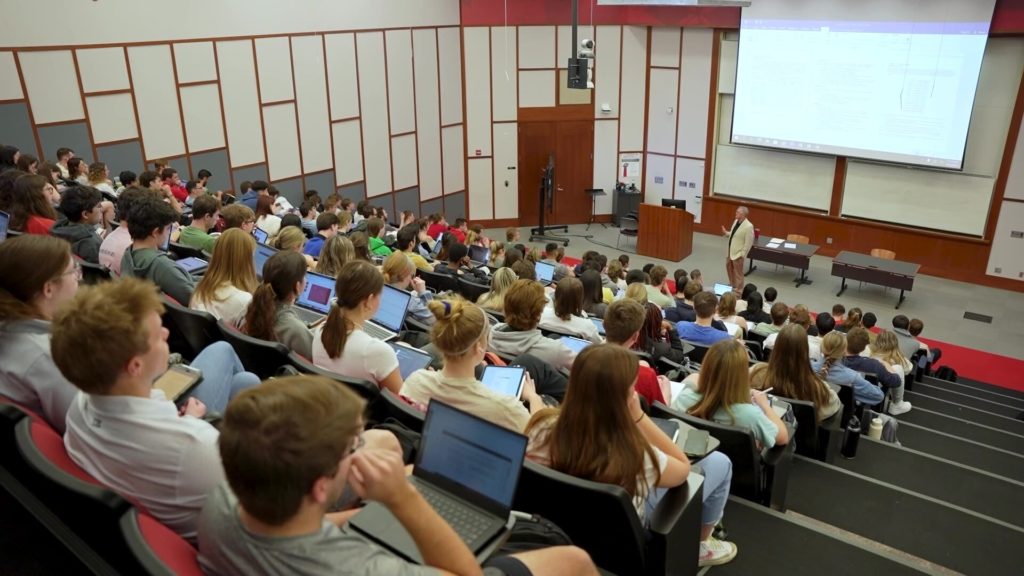
AI and the Honor Code: 3 things to know
As AI tools like ChatGPT become more integrated into education, CU Boulder emphasizes the importance of using them ethically and in accordance with each professor's guidelines to maintain academic integrity. Students are encouraged to ask questions and understand expectations to avoid Honor Code violations, while also having access to various academic support resources such as tutoring and the Writing Center.










